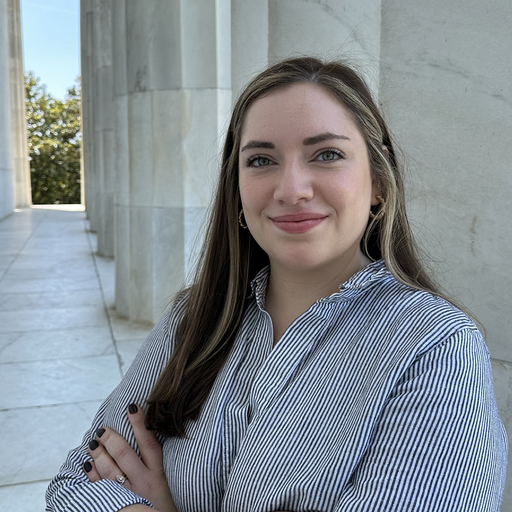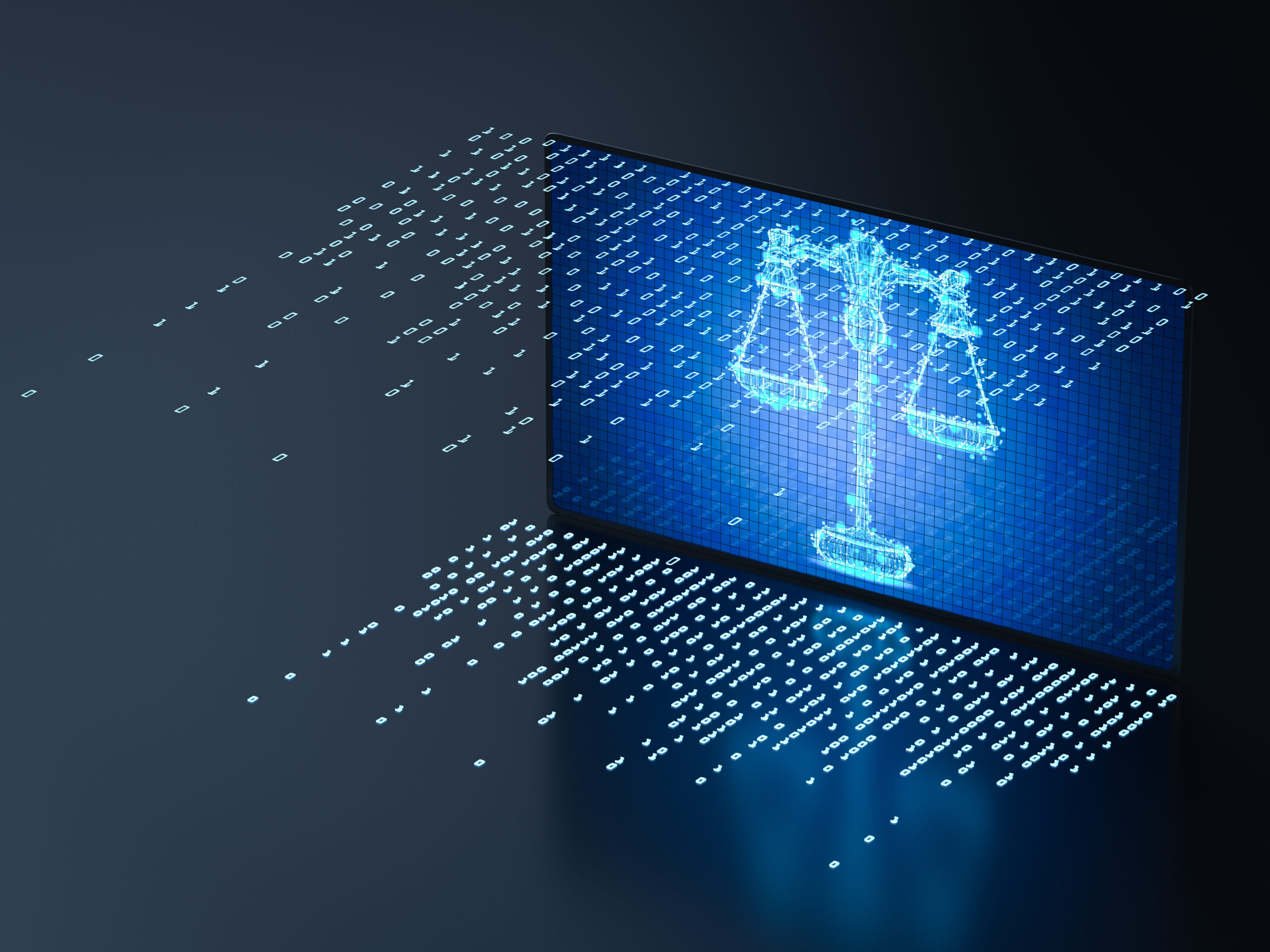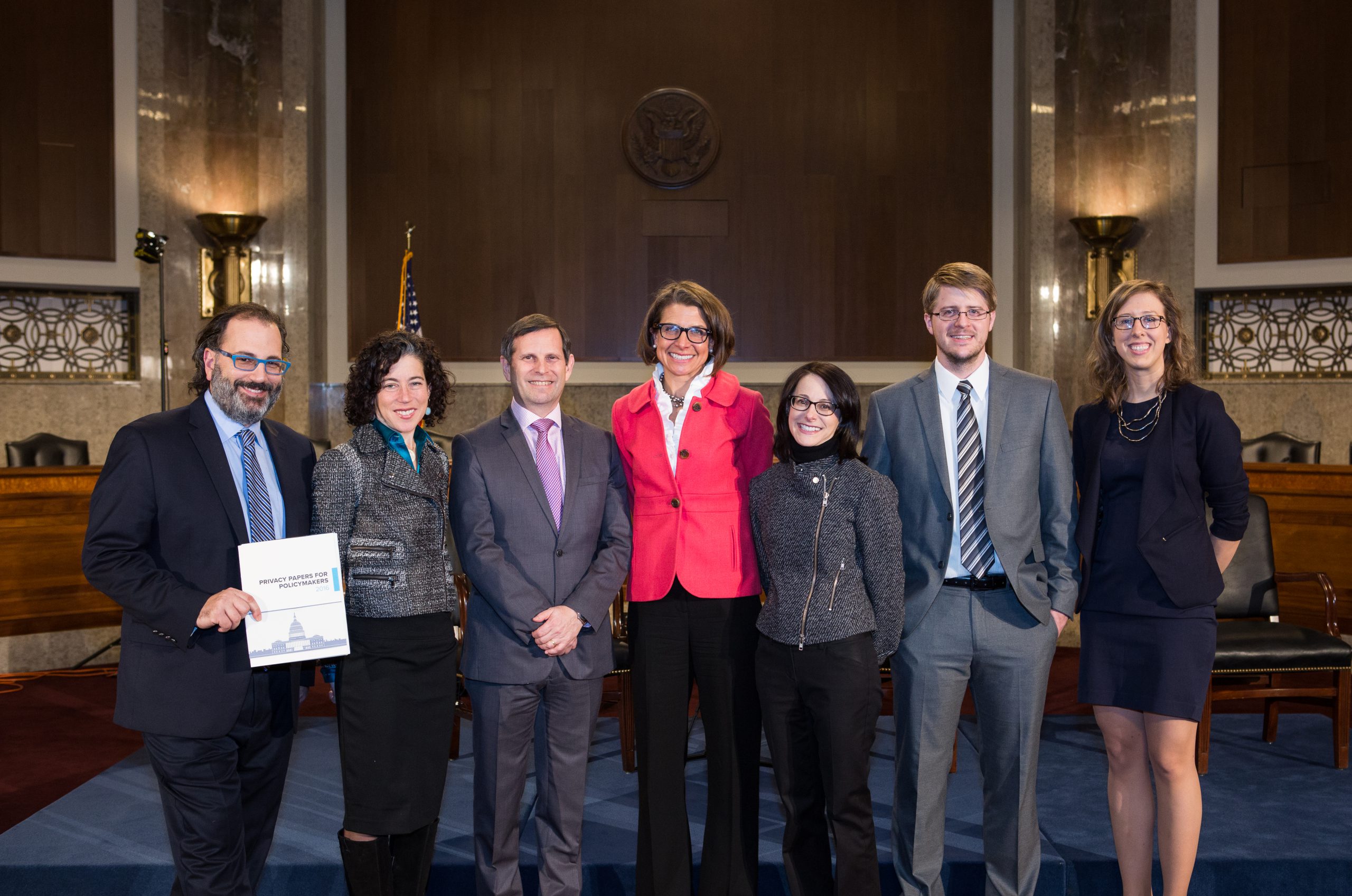
Event Report from DigitalxADB: Driving Digital Development across Asia and the Pacific
On October 27, the Future of Privacy Forum (FPF)’s Asia-Pacific office and the Asian Development Bank (ADB) co-hosted an online event titled, “Trade Offs or Synergies? Data Privacy and Protection as an Engine of Data Driven Innovation” in the context of DigitalxADB. This edition was the third in ADB’s series of annual knowledge-sharing events for representatives of ADB’s […]

Data Sharing … By Any Other Name
There are many different uses of the term “data sharing” to describe a relationship between parties who share data from one organization to another organization for a new purpose. Some uses of the term data sharing are related to academic and scientific research purposes, and some are related to transfer of data for commercial or government purposes. ..it is imperative that we are more precise which forms of sharing we are referencing so that the interests of the parties are adequately considered, and the various risks and benefits are appropriately contextualized and managed.

The State of Play: Verifiable Parental Consent and COPPA
Executive Summary Today, many children’s favorite playgrounds are found online. And verifiable parental consent, or VPC, is the digital version of giving a child permission to play. The challenges and opportunities posed by VPC have never been more important. Young people are using online services more than ever. Parents are grappling with how to protect […]

Chloe Altieri

The Future is Open: The U.S. Turns to Open Banking
FPF is pleased to work with a broad set of stakeholders on concepts around privacy and open banking. For more information on our new Open Banking Working Group and related projects, please contact Jeremy Greenberg: [email protected]. Introduction In July 2021, President Biden signed the Executive Order on Promoting Competition in the American Economy. The Executive […]

Five Things Lawyers Need to Know About AI
Lawyers are trained to respond to risks that threaten the market position or operating capital of their clients. However, when it comes to AI, it can be difficult for lawyers to provide the best guidance without some basic technical knowledge. This article shares some key insights from our shared experiences to help lawyers feel more at ease responding to AI questions when they arise.

Event Report: From “Consent-Centric” Frameworks to Responsible Data Practices and Privacy Accountability in Asia Pacific
On September 16, the Asia-Pacific office of the Future of Privacy Forum (FPF) held its first event following its launch in August 2021. This event was hosted by the Personal Data Protection Commission (PDPC) of Singapore during the very popular “Personal Data Protection week” (PDP Week 2021). The theme of the event was Exploring trends: […]

Brain-Computer Interfaces: Privacy and Ethical Considerations for the Connected Mind
BCIs are computer-based systems that directly record, process, analyze, or modulate human brain activity in the form of neurodata that is then translated into an output command from human to machine. Neurodata is data generated by the nervous system, composed of the electrical activities between neurons or proxies of this activity. When neurodata is linked, or reasonably linkable, to an individual, it is personal neurodata.

Call for Nominations: 12th Annual Privacy Papers for Policymakers
The Future of Privacy Forum invites privacy scholars and authors with an interest in privacy issues to submit finished papers to be considered for FPF’s 12th annual Privacy Papers for Policymakers Award. This award provides researchers with the opportunity to inject ideas into the current policy discussion, bringing relevant privacy research to the attention of the U.S. […]

